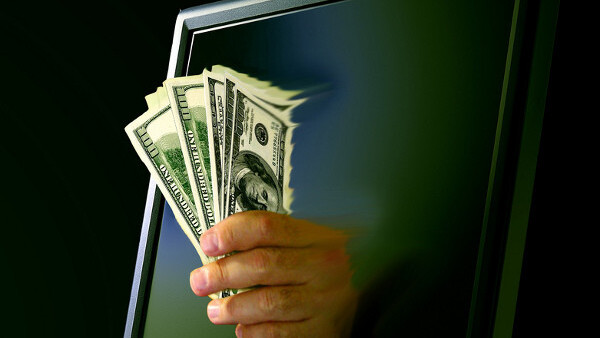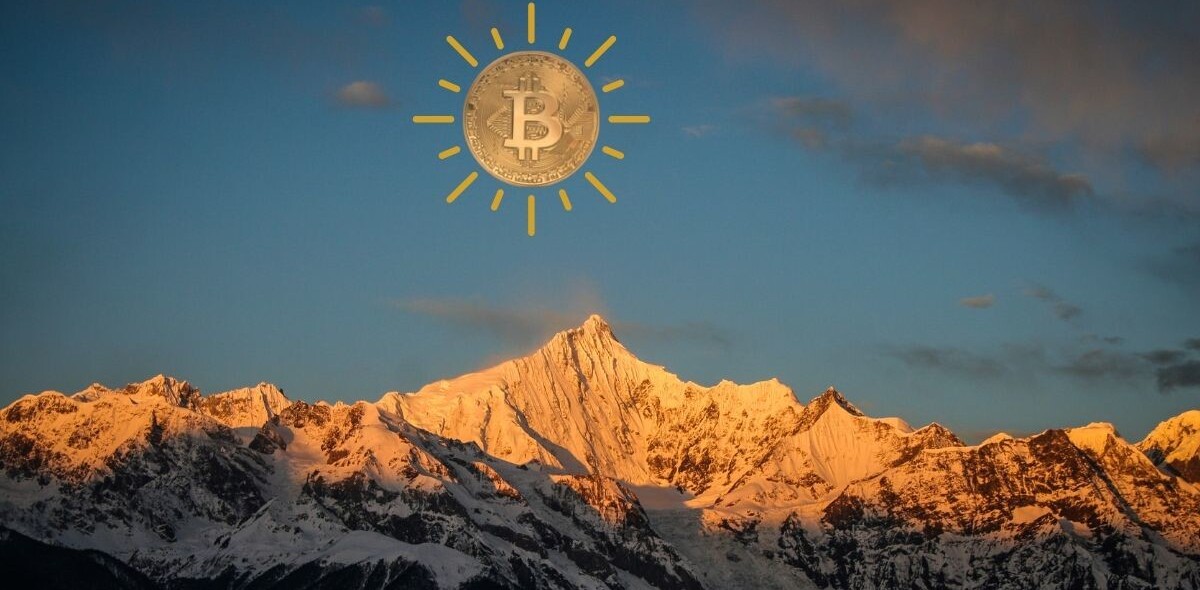
 Last June, when PayPal last revised its terms & conditions, we reported that the changes appeared to have reduced buyer protection for purchases made over classified listing websites such as Gumtree. The company told us at the time that the then new terms were increasing buyer protection for such purchases.
Last June, when PayPal last revised its terms & conditions, we reported that the changes appeared to have reduced buyer protection for purchases made over classified listing websites such as Gumtree. The company told us at the time that the then new terms were increasing buyer protection for such purchases.
We also argued at the time that, perhaps, PayPal was closing a gap in its terms that allowed scammers to game the buyer protection program. These scams involve the buyers purchasing goods over classified websites and asking for them to be posted to an overseas address different from the buyers PayPal’s registered address and offering some extra money to cover postage. When the goods are on route, the buyer then proceeds to recall the payment and the seller is left hanging dry because sellers are only protected if they ship the item to the registered address of the buyer.
Fast forward three months and PayPal is once again updating its terms. Again, they are arguing an increased buyer protection, but at least this time, it is actually happening. Paypal even went to the pain of expressly mentioning it on the summary of changes:
“PayPal Buyer Protection
Section 13 is being amended to reflect changes to the PayPal Buyer Protection programmes. The amendments: clarify the eligibility requirements for reimbursement under the PayPal Buyer Protection programme at Section 13.3a. The clarifications mean that (subject to further eligibility requirements of Section 13):
classified listings are no longer excluded from eligibility for PayPal Buyer Protection;”
It appears that, currently, purchases made over classified listings are not covered under the PayPal buyer protection programme.
The increase in buyer protection for purchases made over classified listings brings me back to the headline. Don’t get me wrong, I am all for protecting buyers from dodgy sellers, but the stories of scammers abusing the PayPal buyer protection system haven’t died down. However, sellers are now reporting a different type of scam involving PayPal. This time around no money is actually sent by the buyer but only a fake email stating the payment had been made. This may imply that scammers have moved from the previous system to this one, as not a single instance on the complaints from June 1st onwards matched the previous scheme.
The bottom line for sellers may be the golden rule of internet transactions: if a deal seems to be too good to be true, it probably is.
Get the TNW newsletter
Get the most important tech news in your inbox each week.





